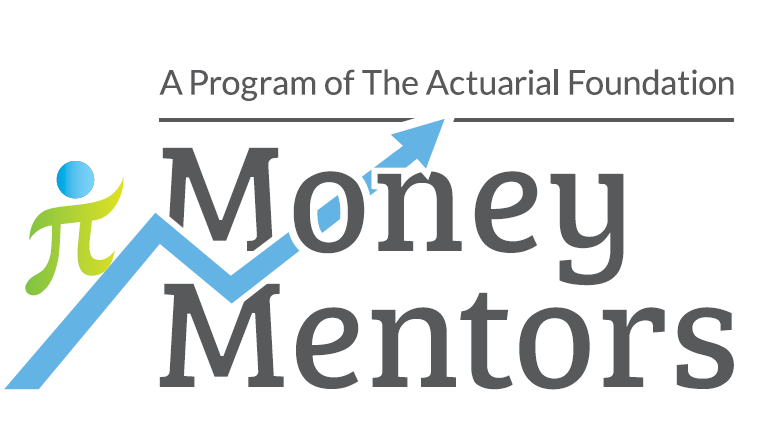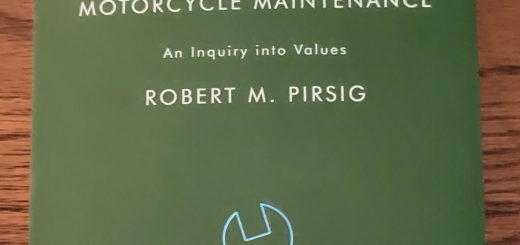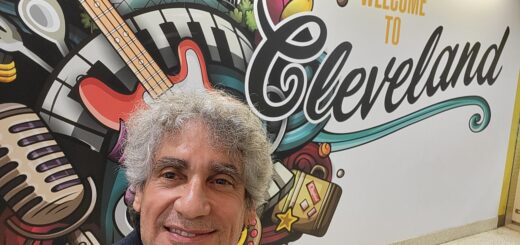Money Mentor
It is September 2023, and after a six week session tutoring math over the summer, I have started tutoring high school kids remotely on money-related topics. Here is my self-introduction to my students.
Let me just introduce myself for a minute, and then I want to hear about each of you. My name is Dan’l Leviton. You can call me Dan’l, rhymes with “channel.” I am not a financial professional, and I did not create any of the lessons in the Money Mentors course. I do think young people need better education about these things, so I am happy you are here and congratulate you on deciding to learn about these important topics.
My main qualification may be that I have made about every mistake you can make when it comes to money, and I have learned from my mistakes. When I was young, the best way to learn was to read books. There is still a lot to be said for that approach, and I will list some books I recommend if you care to check them out. I think technology has improved our lives in many ways, especially when it comes to money. It is so much easier now to investigate an idea, to negotiate buying a car, to find a house in your price range. We no longer have to pay high commissions when buying stocks, and that effect is working its way into real estate as well.
So my purpose for being here is to answer your questions, and to try to help you learn from my mistakes, rather than repeating them for yourselves. You will decide what success means for you, and it very well may be different than my definition. I feel that money is very important, until you have enough, but then it becomes secondary.
Saving money is a lot like maintaining a healthy weight. Most of us find both difficult. There is a lot of bad information in our environment about both. Both require us, or at least me, to form and practice good habits. They rarely result from a single stroke of massive good luck. Even if you do win a multi-million dollar lottery, knowledge will be the difference between happiness and success on the one hand, and misery and failure on the other. People constantly try to exploit our ignorance in both money management and weight management. Losing weight and keeping it off is best done slowly, with consistent changes in lifestyle. It fails if done as a crash program. Similarly, acquiring net assets does not come from getting rich quick, but by adopting good disciplines of earning, spending, saving, and investing.
I started out middle class, from a large family, so I had to make my own way. I attended public schools, and with the help of scholarships, loans, and part-time and summer jobs, graduated from a good university. I have been an independent consultant, but mostly I was a salaried employee until I retired in 2022. I was in the tech field, so part of my compensation was in the form of stock options and grants, and unpredictable bonuses. I learned the hard way not to spend money before I had it.
For me, success means being able to provide for my family, and living debt-free in retirement. I own a house with no mortgage, and a car with no payments to make. I have enough savings to live on happily, including travel and hobbies. I donate to charities I like, and I will delay taking Social Security until the maximum age of 70.
The single best lesson I can give you is to save a portion of every dollar you earn, which will require you to live within your means.
I welcome your questions.
An Abbreviated List of Recommended books:
- The Richest Man in Babylon, by George S. Clason
- A Random Walk Down Wall Street, by Burton G. Malkiel
- On Up on Wall Street, by Peter Lynch and John Rothchild
- The Only Investment Guide You’ll Ever Need, by Andrew Tobias








Thanks Dan’l this information will help lots of young people and older people.